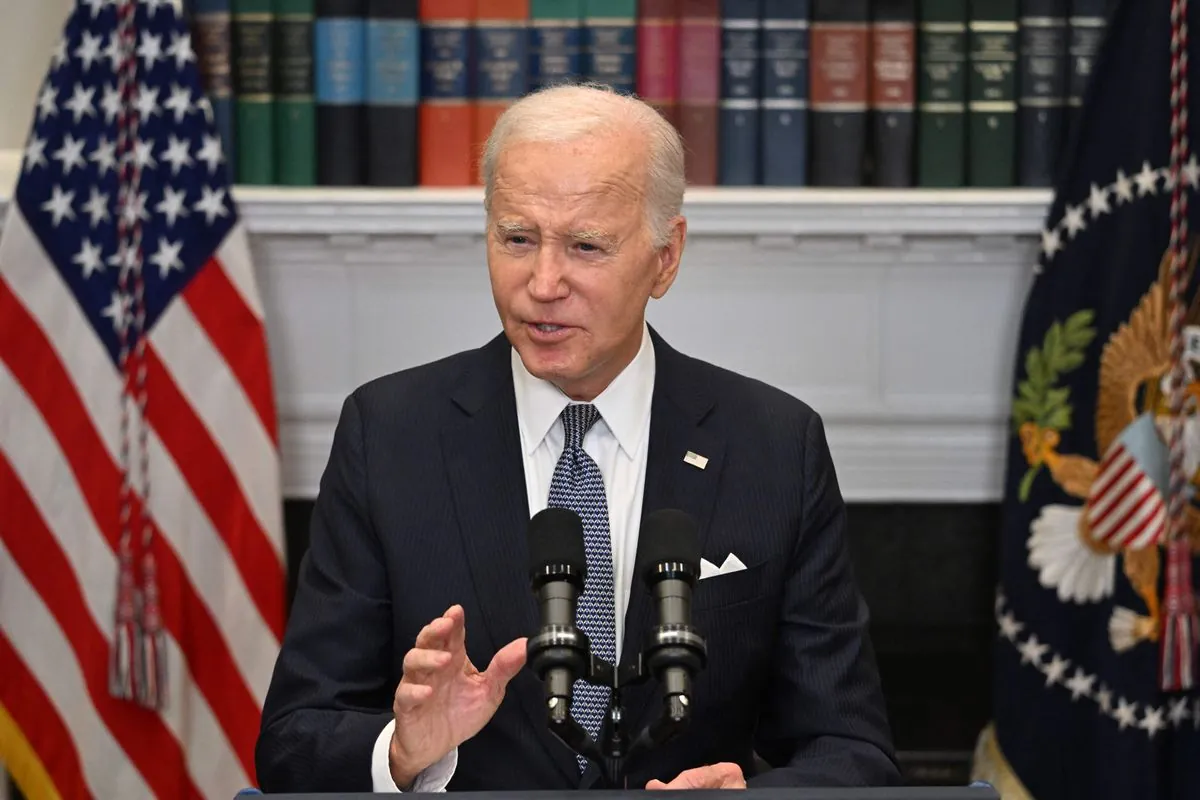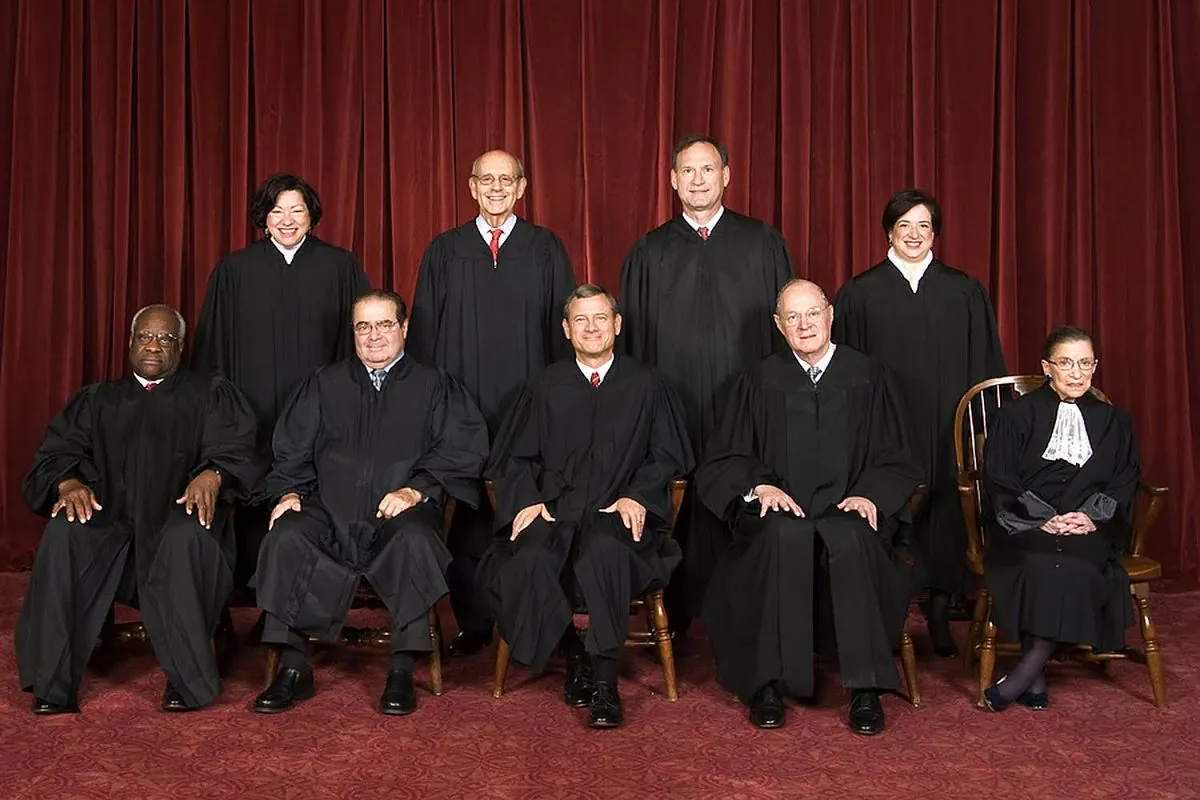Biden Proposes Sweeping Supreme Court Reforms, Including Term Limits
President Biden to unveil plan for Supreme Court ethics rules, term limits, and constitutional amendment on presidential prosecution. Proposal faces challenges in divided Congress.

President Joe Biden is set to propose significant reforms to the United States Supreme Court, addressing longstanding concerns about ethics and accountability. The plan, to be unveiled at the Lyndon Baines Johnson Presidential Library in Austin, Texas, comes amidst growing calls for change following recent controversies and politically divisive rulings.
The Supreme Court, established in 1789, has been a cornerstone of the American judicial system for over two centuries. However, recent events have sparked debates about its structure and operations. Biden's proposal aims to address these issues through several key measures:
The ethics rules would require justices to disclose gifts, avoid political activities, and recuse themselves from cases presenting conflicts of interest. This proposal comes in response to recent controversies involving justices accepting undisclosed gifts and potential conflicts of interest.
Term limits, a significant departure from the current lifetime appointments, would see justices serve 18-year terms, with new appointments every two years. This change aims to ensure regular updates to the court's composition and limit any single president's influence on its makeup.

The proposed constitutional amendment would explicitly state that former presidents can be prosecuted for crimes committed while in office, addressing recent debates about presidential immunity.
"No one is above the law. Not the president of the United States. Not a justice on the Supreme Court."
These reforms face significant challenges in the current political landscape. Constitutional amendments require broad support from both Congress and state legislatures, a difficult feat in today's polarized environment. Additionally, many constitutional scholars argue that implementing term limits would itself require a constitutional amendment.
The Supreme Court, which typically hears about 80 cases per year out of thousands of petitions, has been under increased scrutiny following several landmark decisions. These include the overturning of Roe v. Wade in 2022 and rulings on affirmative action and presidential immunity.
Biden's proposal comes at a crucial time, as he has recently announced he will not seek reelection. This decision echoes that of President Lyndon B. Johnson, who chose not to run for another term in 1968 amid political divisions over the Vietnam War.
As the nation approaches the 60th anniversary of the Civil Rights Act signing, Biden's speech at the LBJ Presidential Library serves as a reminder of the ongoing struggle for justice and equality in American society. The proposed reforms, while facing an uphill battle, represent a significant attempt to address concerns about the Supreme Court's role and accountability in modern America.


































